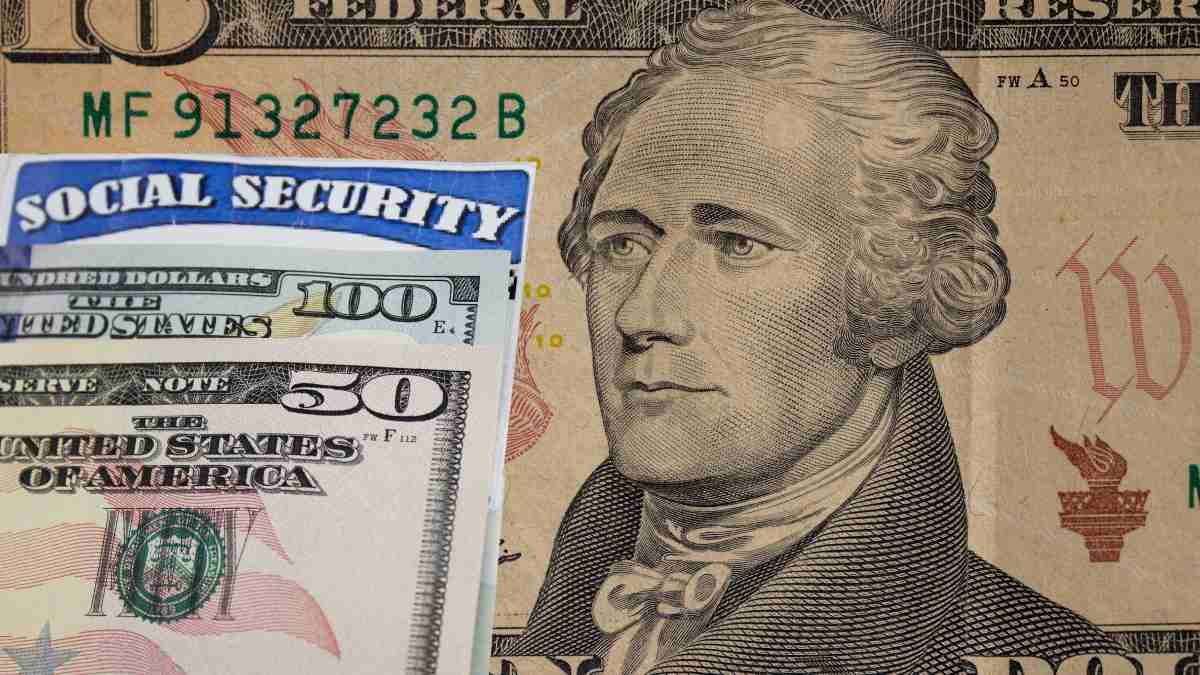How the Social Security Fairness Act Could Boost Your Benefits in 2025
As the United States Congress nears the end of its legislative session, one bill that could significantly impact many Americans is on the table: the Social Security Fairness Act. The Senate is set to vote on this crucial bill, which has already passed the House with bipartisan support. While the House approved the bill on November 12, the final decision now rests with the Senate, which is balancing this issue alongside urgent matters like preventing a federal government shutdown.
What Does the Social Security Fairness Act Propose?
The Social Security Fairness Act aims to eliminate two provisions that have long impacted individuals receiving public pensions and Social Security benefits: the Windfall Elimination Provision (WEP) and the Government Pension Offset (GPO).
What Are WEP and GPO?
- Windfall Elimination Provision (WEP): The WEP reduces Social Security benefits for individuals who receive pensions from jobs where Social Security taxes were not withheld. Introduced in 1983, it was designed to ensure that individuals with non-covered pensions would not receive benefits as if they were low-income earners.
- Government Pension Offset (GPO): The GPO reduces spousal or survivor Social Security benefits for individuals receiving government pensions not subject to Social Security taxes. Implemented in 1977, this rule aimed to better align benefits with actual contributions made to the Social Security system.
Who Is Affected by WEP and GPO?
- In 2022, the WEP affected about 2.01 million individuals, or roughly 3.1% of all Social Security beneficiaries.
- The GPO impacted nearly 735,000 beneficiaries, around 1% of the total.
However, not all public pensioners are affected by these rules. The WEP does not apply to those with 30 or more years of substantial earnings under Social Security. Additionally, it excludes categories like railroad workers, nonprofit employees, or individuals who only worked in non-covered jobs before 1957. The GPO does not affect spouses or widows receiving government pensions based on another person’s work or those who paid Social Security taxes during their employment.
Also Read – Understanding TANF Payments: What You Need to Know for January 2025
Will the Social Security Fairness Act Pass?
The path to passing the Social Security Fairness Act is looking promising. Senate Majority Leader Chuck Schumer recently announced that the bill will be brought to a vote in the Senate. The bill needs 60 votes to advance through the critical cloture vote, which could happen swiftly if it garners the necessary support.
The bill has gained significant bipartisan backing, having been introduced in the House by Representatives Abigail Spanberger (D-Va.) and Garret Graves (R-La.), and supported in the Senate by Sherrod Brown (D-Ohio) and Susan Collins (R-Maine). Despite this momentum, political priorities in the Senate could still shift, so nothing is guaranteed.
How Could This Impact You?
If you are a public sector pensioner, or know someone who is, this bill could be a game-changer. If passed, the Social Security Fairness Act could mean a significant increase in monthly Social Security benefits for thousands of public pensioners, particularly for those affected by the WEP and GPO.
For now, it’s crucial to stay informed and understand how these rules may impact your benefits. Be sure to monitor updates, as decisions on such legislation can evolve rapidly in the final days of the session.






